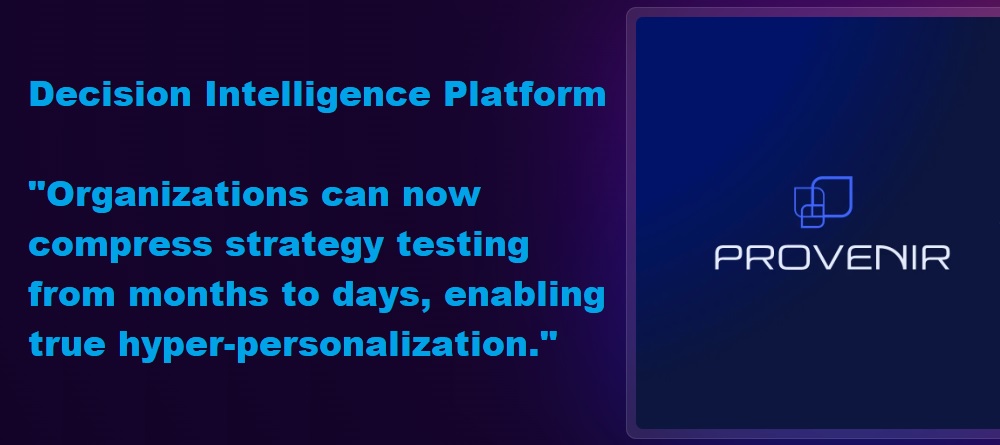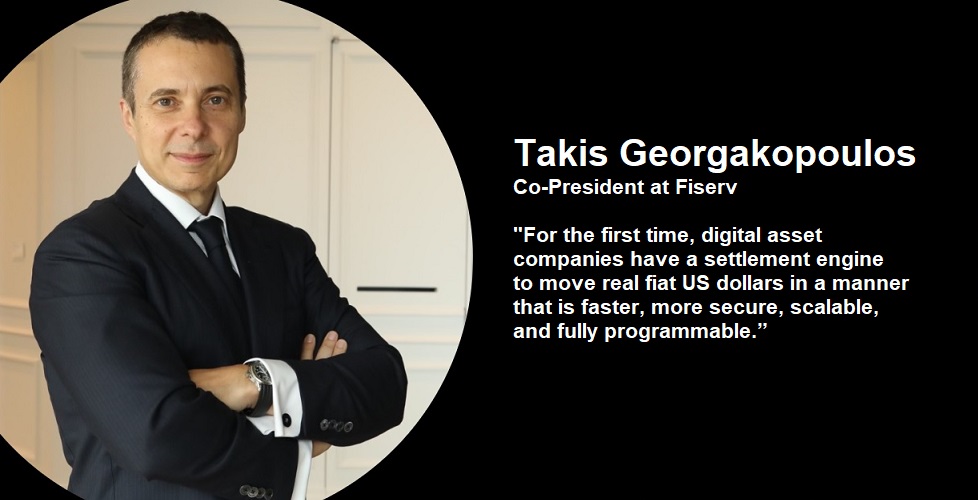Consumer Financial Protection Bureau: Americans pay $120 billion in credit card interest and fees each year

a CFBC article written by By Ashwin Vasan and Wei Zhang
At almost a trillion dollars outstanding, credit cards are the largest consumer lending product by number of users – over 175 million consumers have at least one credit card – and one of the largest sources of consumer debt.1 From 2018 to 2020, the Consumer Financial Protection Bureau (CFPB) estimates that Americans paid roughly $120 billion per year in credit card interest and fees.2 That works out to about $1,000 per year for every American household.
During the pandemic, credit card debt started to decline as many households reduced their borrowing and paid down more. But, as the economy has improved, credit card debt is on the rise again.

While the credit card market is enormous, it is among the more consolidated markets for consumer financial products. Just eight big financial players control 70% of the total balances of the market—and the credit card business is often a significant contributor to their bottom line.4 Compared to other forms of widely accessed credit, credit cards have interest rates that are relatively expensive for consumers. Indeed, from 2015 to 2019, the average assessed interest rate on credit cards increased by more than 20% (from 13.7% to 16.9%).5
Given the outsize role that credit card debt plays for many households, the CFPB is looking to ensure that there is robust and fair competition in the credit card market. Even small improvements in this market can have significant impacts on American families. Here are three ways that the CFPB will focus on ensuring a more fair, transparent, and competitive credit card market:
Uncover unfair, anticompetitive practices. When an industry has a small number of major players, it can be common to see parallel, anticompetitive shifts in business practices. For example, in 2020, the CFPB uncovered that, over the course of 2014, major players in the credit card industry started withholding information that they previously reported to the credit bureaus about borrower repayment patterns and still do to this day.6 This helped them obscure the repayment behavior of their customers, making it more difficult for other issuers to offer competitive pricing to customers. We will be paying close attention to such industry-wide practices that challenge fair competition.
Make it simpler to compare, switch, or refinance your credit card. Americans who want to shop for the lowest rate credit card don’t always have great ways to do so. Many credit card products advertise broad interest rate ranges. To get a specific rate, consumers often must apply for those cards, which results in a hard credit check, which perversely can lower a consumer’s credit score. This makes it harder to shop across multiple offers, so consumers tend to focus on rewards and annual fees.
It can also be hard to refinance your high-rate credit card debt or to switch your credit card company when they mistreat you. Since the beginning of the COVID-19 pandemic, Americans have saved billions by refinancing their mortgages, but balance transfer offers fell significantly and have only recently rebounded.7 Many credit card customers are often locked into high rates with few options to easily escape. If there were more intense competition to refinance balances, consumers could save billions.
The CFPB is looking to use a long-dormant authority to help spur better credit card shopping and switching by proposing rules that give consumers more control of their financial data. We are considering options that will help Americans with credit cards escape high rates and lousy service. Consumers who have more control over their own their data may be able to create more options for themselves to find better deals.
Scrutinize junk fees. While many of the worst practices that plagued the credit card industry were banned in the CARD Act of 2009, the industry is still heavily dependent on fees. For example, the CFPB estimates that credit card companies assessed $14 billion in late fee penalties alone in 2019, which fall disproportionately on Americans with lower credit scores.8 In addition, credit card companies are levying billions in cash advance fees, balance transfer fees, foreign currency fees, and more. Many of these fees ‘herd’ around common amounts, suggesting that competition is ineffective in driving down price. We will be considering ways that will help consumers cut down on these fees that drive up the total cost of credit.
Credit cards play an integral role in the finances of most Americans. The CFPB will keep the public updated on changes to the credit card market and actions we are taking to ensure it is working effectively on behalf of American households.
_______________
1. Bd. of Govs. of the Fed. Reserve System, G.19, Consumer Credit (Jan. 2021), https://www.federalreserve.gov/releases/g19/current/ ; CFPB, The Consumer Credit Card Market, (Sep. 2021) (“2021 Report”), https://files.consumerfinance.gov/f/documents/cfpb_consumer-credit-card-market-report_2021.pdf .
2. See 2021 Report, supra note 1.
3. Id.
4. See,generally, Issuer Public Filings as of 2021 Q3; see also G.19, supra note 1.
5. During the same time period, the prime interest rate increased by only 225 basis points. See G.19, supra note 1.
6. Logan Herman, Jonah Kaplan, and Austin Mueller, Quarterly Consumer Credit Trends: Payment AmountFurnishing & Consumer Reporting, CFPB (Nov. 2020), https://files.consumerfinance.gov/f/documents/cfpb_quarterly-consumer-credit-trends_report_2020-11.pdf .
7. See 2021 Report, supra note 1, at 102.
8. See 2021 Report, supra note 1, at 51.
Dariusz Mazurkiewicz – CEO at BLIK Polish Payment Standard
Banking 4.0 – „how was the experience for you”
„To be honest I think that Sinaia, your conference, is much better then Davos.”
Many more interesting quotes in the video below:










